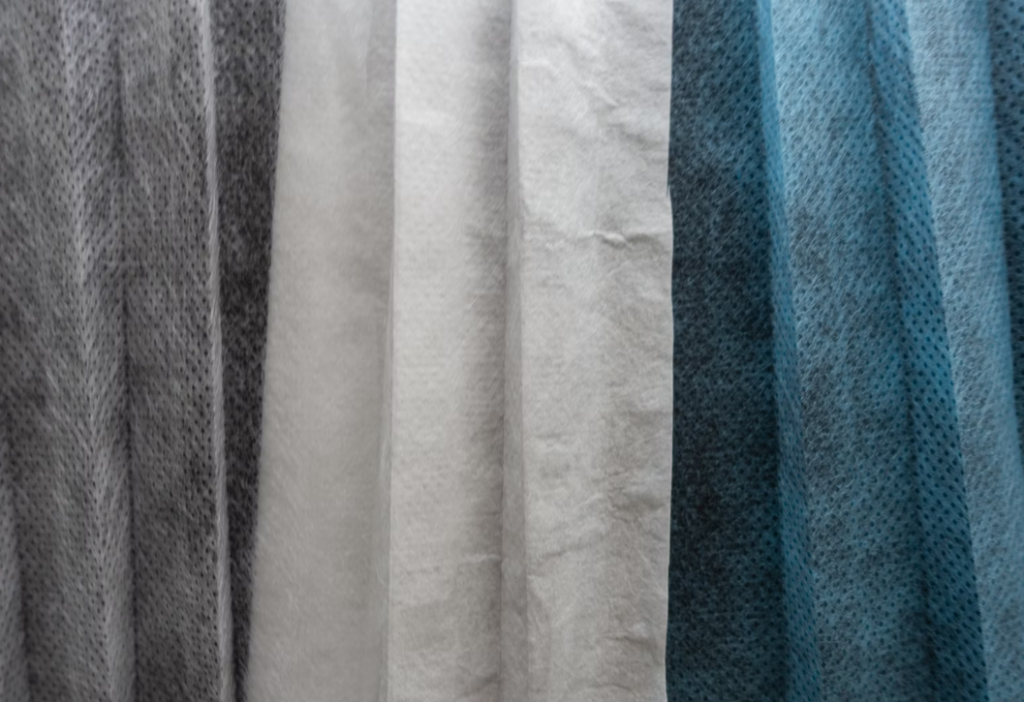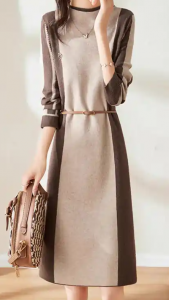Stylish and Sustainable: Best Recycled Material Clothing
Introduction
In today’s world, where environmental sustainability is more crucial than ever, the fashion industry has been undergoing a transformative shift towards eco-friendly practices. One of the significant developments in this realm is the rise of recycled material clothing, offering a stylish alternative that minimizes environmental impact.
What is Recycled Material Clothing?
Recycled material clothing refers to garments made from pre-existing materials that have been processed and transformed into new textiles. These materials can range from plastic bottles and discarded fabrics to industrial waste, creatively repurposed into fashionable clothing pieces.

Benefits of Recycled Material Clothing
Environmental Impact Recycled material clothing significantly reduces the need for raw materials and energy-intensive production processes, thereby lowering carbon emissions and conserving natural resources. By diverting waste from landfills, it contributes to a circular economy where materials are reused rather than discarded after single use.
Quality and Durability Contrary to misconceptions, recycled clothing can be of high quality and durability. Innovations in textile recycling technology ensure that these garments maintain comfort, functionality, and longevity, comparable to conventional clothing.
Fashionable and Trendy Today, recycled material clothing is not only about sustainability but also about style. Many fashion brands have embraced recycled materials in their collections, offering chic designs that appeal to eco-conscious consumers.

Popular Recycled Materials Used
- Recycled Polyester Made from recycled plastic bottles, recycled polyester is versatile, durable, and wrinkle-resistant, commonly used in activewear and outerwear.
- Recycled Cotton Repurposed from post-industrial or post-consumer cotton waste, recycled cotton conserves water and reduces pesticide use, ideal for casual wear and denim.
- Recycled Nylon Derived from discarded nylon materials like fishing nets, recycled nylon is strong, lightweight, and quick-drying, favored for swimwear and outdoor gear.
- TENCEL™ A sustainable fiber made from wood pulp sourced from responsibly managed forests, TENCEL™ is known for its softness, breathability, and biodegradability, suitable for everyday wear and loungewear.
- Other Innovative Materials From regenerated cashmere to upcycled leather, innovative materials are continually being developed to meet the demand for sustainable fashion options.
Top Brands Leading the Way
Many leading fashion brands have integrated recycled materials into their collections, demonstrating a commitment to sustainability through transparency in sourcing and production practices. Companies like Patagonia, Eileen Fisher, and Stella McCartney are renowned for their efforts in promoting recycled fashion and setting industry standards.
Challenges in Adopting Recycled Materials
Despite its benefits, the adoption of recycled materials in fashion faces challenges such as consumer perceptions regarding quality and price, as well as production complexities related to sourcing consistent material supply and ensuring manufacturing standards.
How to Identify Quality Recycled Clothing
To ensure that clothing is genuinely made from recycled materials, look for certifications such as Global Recycled Standard (GRS) or Recycled Claim Standard (RCS). Additionally, labels or tags indicating the percentage of recycled content provide transparency regarding the garment’s sustainability credentials.
Tips for Shopping Recycled
When shopping for recycled clothing, explore ethical fashion brands, thrift stores, online marketplaces specializing in sustainable fashion, and clothing rental services. Consider the longevity and versatility of the garment to maximize its environmental impact per wear.
Impact of Recycled Fashion on the Environment
The shift towards recycled fashion contributes significantly to environmental conservation by reducing waste accumulation, conserving water and energy resources, and minimizing the carbon footprint associated with textile production and disposal.
Future Trends in Recycled Fashion
Looking ahead, technological advancements in textile recycling and increased consumer awareness are expected to drive further innovations in recycled fashion. As sustainability continues to influence consumer choices, the demand for recycled material clothing is likely to grow, encouraging more brands to embrace eco-friendly practices.
Conclusion
In conclusion, recycled material clothing represents a convergence of style and sustainability, offering consumers the opportunity to make a positive impact on the environment without compromising on fashion. By choosing recycled fashion, individuals contribute to a more circular economy and support the ongoing transformation of the fashion industry towards greater sustainability.
FAQs
- What are the benefits of buying recycled material clothing? Recycled material clothing reduces environmental impact by conserving resources and lowering carbon emissions compared to conventional fashion.
- How can I ensure that clothing is made from genuine recycled materials? Look for certifications like GRS or RCS and check for labels indicating the percentage of recycled content in the garment.
- Which brands are known for their commitment to sustainable fashion? Brands such as Patagonia, Eileen Fisher, and Stella McCartney are recognized for their leadership in sustainable fashion and use of recycled materials.
- Is recycled clothing more expensive than regular clothing? Prices can vary, but recycled clothing may be comparable or slightly higher due to the costs associated with sustainable production practices and quality materials.
- What can individuals do to support the growth of recycled fashion? Support brands that prioritize sustainability, educate others about the benefits of recycled fashion, and choose recycled clothing options whenever possible to drive demand and innovation in the industry.
This comprehensive article aims to inform and inspire readers to consider recycled material clothing as a viable and stylish choice in their wardrobe, contributing to a more sustainable future for fashion.












Post Comment